1. Walking Under Ladders
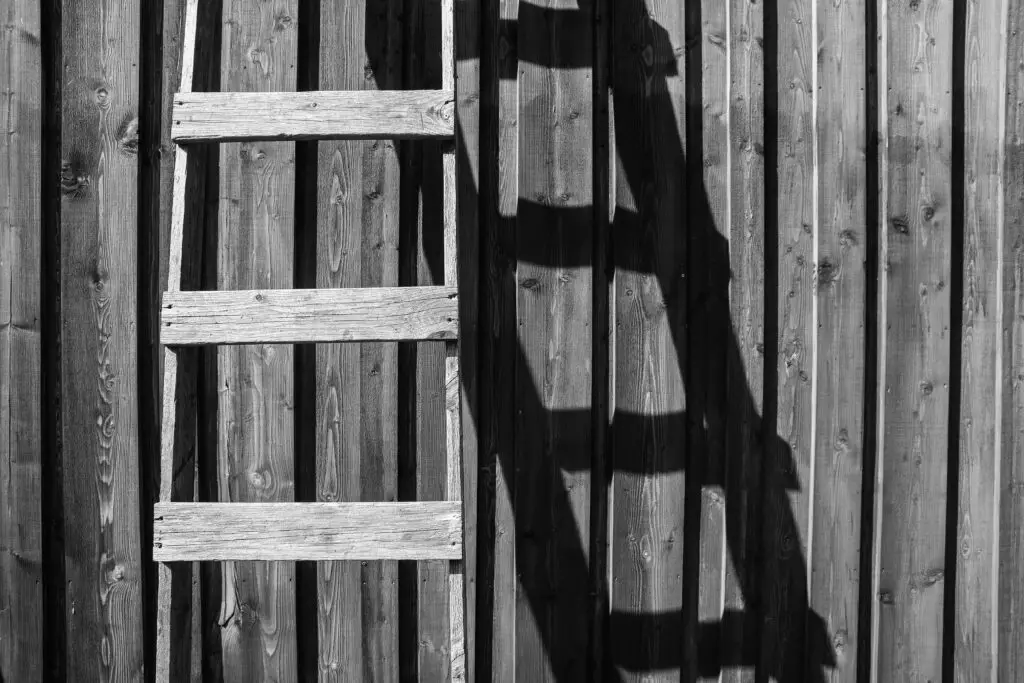
In ancient Egypt, walking under a ladder was thought to disturb the pyramid shape, which represented the trinity of life. It was believed that by passing beneath a ladder, you would invite bad luck or even invite spirits to cause misfortune. This superstition grew over time, especially in medieval Europe, where ladders leaning against walls were thought to resemble the Christian Holy Trinity—passing under one was seen as disrespectful or blasphemous. People feared that defying this symbolic connection would bring about personal harm or failure in their life.
However, over the years, this superstition has mostly faded, though some people still avoid walking under ladders out of habit. Today, it is more of a precautionary measure than a deeply rooted belief. We now recognize that ladders are simply tools, but the lingering shadow of this superstition reminds us of the long-held fear of tempting fate. Whether it’s superstition or just common sense, it remains an oddly universal belief.
2. Spilling Salt
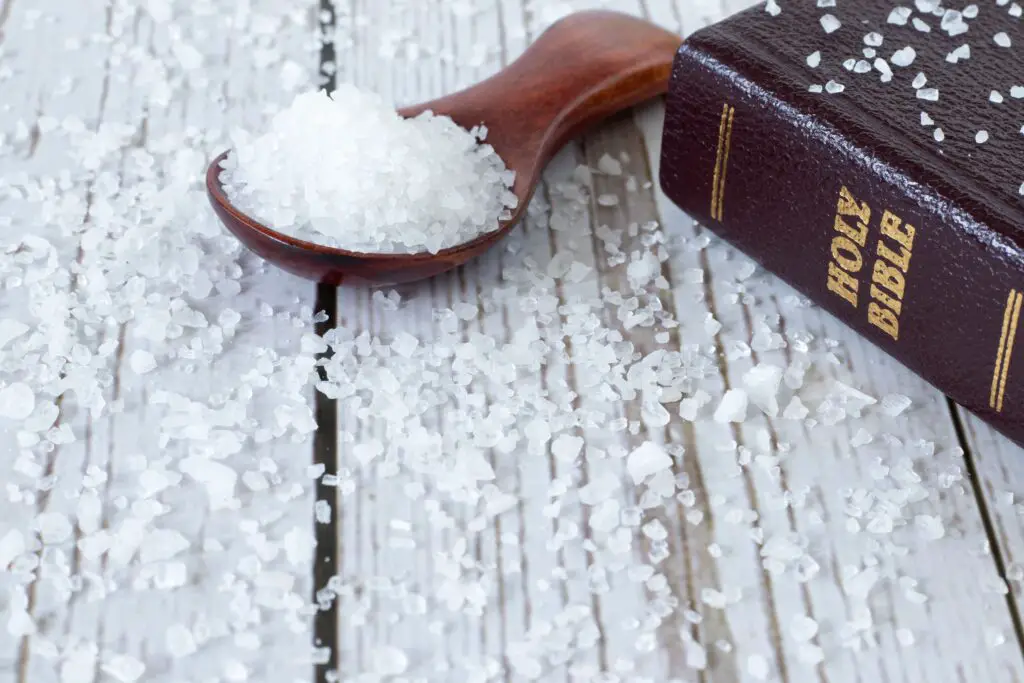
Spilling salt has been associated with bad luck for centuries, especially if you accidentally spill it and don’t quickly toss a pinch over your left shoulder. This superstition originates from the ancient belief that salt was sacred. In the Middle Ages, it was thought to be a purifying substance, and spilling it was seen as a sign of a curse or misfortune. The act of tossing salt over your left shoulder was believed to ward off evil spirits, especially the one that would cause you harm.
While we know today that spilling salt is just a common accident, the tradition of “throwing it over your shoulder” persists in many households, perhaps as a quirky habit more than anything else. Some people still take care to avoid it, associating the incident with bad energy or future trouble. It’s a classic example of how old beliefs about mystical powers of everyday items persist in modern culture.
3. Breaking a Mirror
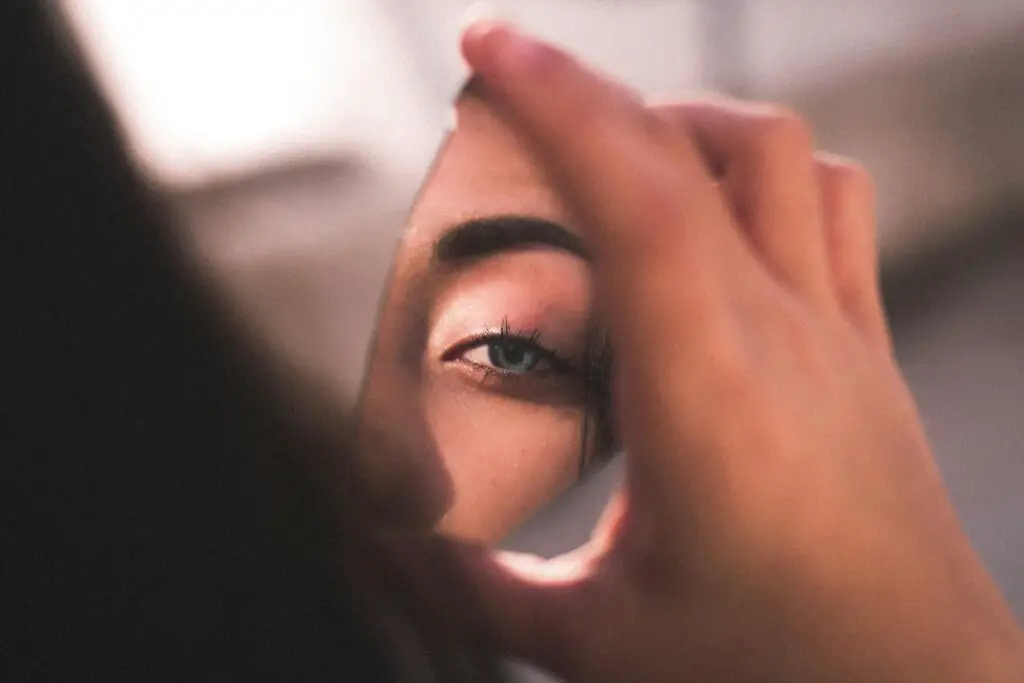
Breaking a mirror used to be a symbol of seven years of bad luck. This superstition dates back to Roman times, when mirrors were thought to reflect not just one’s image, but also their soul. The idea was that breaking a mirror would damage the soul’s reflection, and it would take seven years for the damage to repair itself. This belief was further cemented in folklore, where the act of breaking something so personal as a mirror carried significant negative energy.
In modern times, breaking a mirror is seen as nothing more than an unfortunate mishap, though the superstition still pops up, especially in pop culture. People may joke about seven years of bad luck or scramble to sweep up the shards, but the emotional connection to the superstition has largely faded. Still, mirrors in some cultures continue to hold mystical significance, with some even going as far as hiding broken mirrors to avoid “bad omens.”
4. Black Cats Crossing Your Path
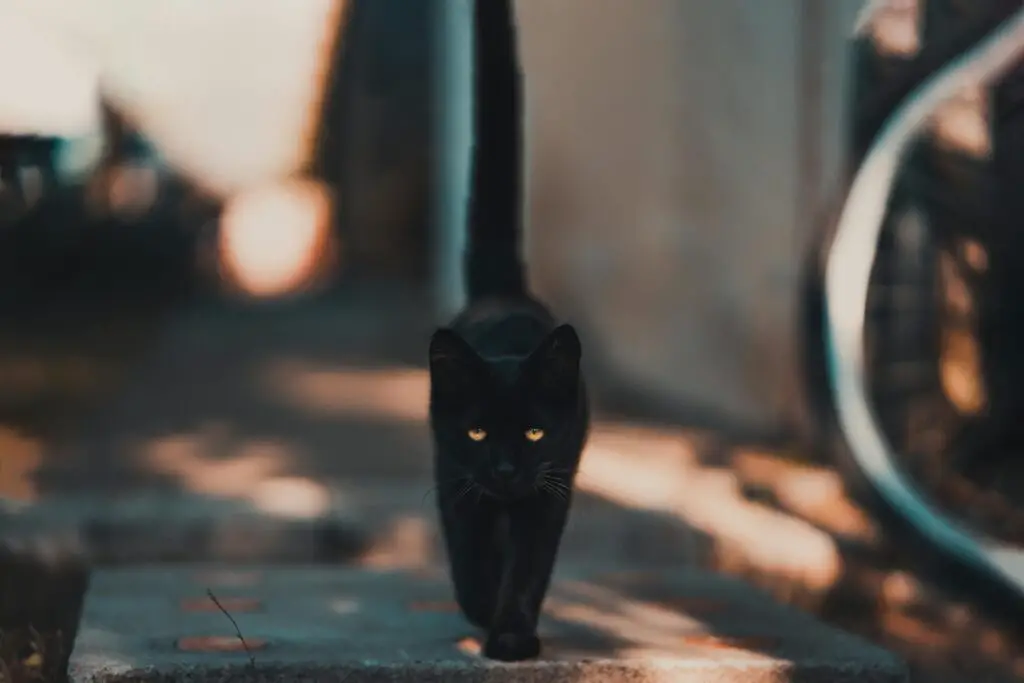
Black cats have long been the symbol of both mystery and misfortune. In the Middle Ages, it was believed that black cats were witches’ familiars or even witches in disguise, bringing misfortune to anyone they encountered. In other cultures, the black cat was associated with death or the underworld, and seeing one cross your path was an omen of bad luck or danger. The superstition has its roots in deep-seated fear of the unknown, as people believed that animals had mystical connections to the supernatural.
Interestingly, in some cultures, black cats are actually seen as a sign of good luck. In ancient Egypt, they were revered and even worshipped as symbols of protection and good fortune. Despite this, in many parts of the world, the belief that a black cat crossing your path spells trouble persists, especially around Halloween when their ominous reputation peaks.
5. Knocking on Wood
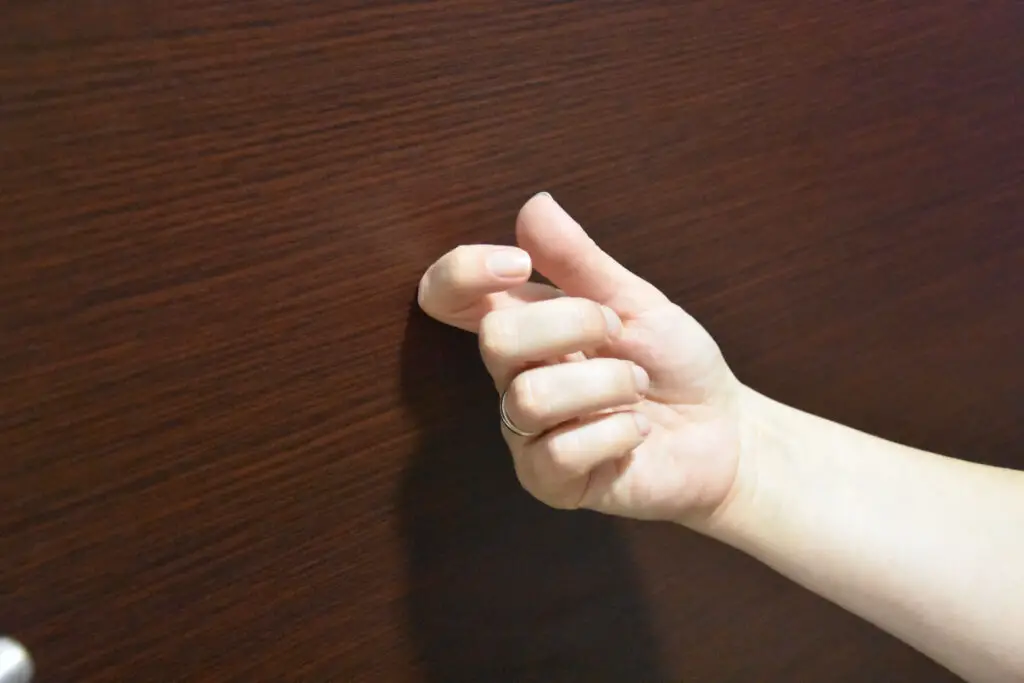
The act of knocking on wood is one of the most well-known superstitions. It dates back to ancient times when people believed that spirits resided in trees. The custom was to knock on wood as a way of summoning these spirits for protection or to ward off evil forces. It was a way of acknowledging the spirits in nature and asking for good fortune or favor in return.
Today, we knock on wood when we don’t want to jinx something we hope will go well. While it no longer carries the same mystical weight, it still serves as a comforting ritual. It’s as though by performing the action, we can ensure a bit of extra luck or push away any bad energy that might disrupt our plans. In a world of technology and logic, some superstitions remain timeless, like this simple gesture of faith.
6. Opening an Umbrella Indoors
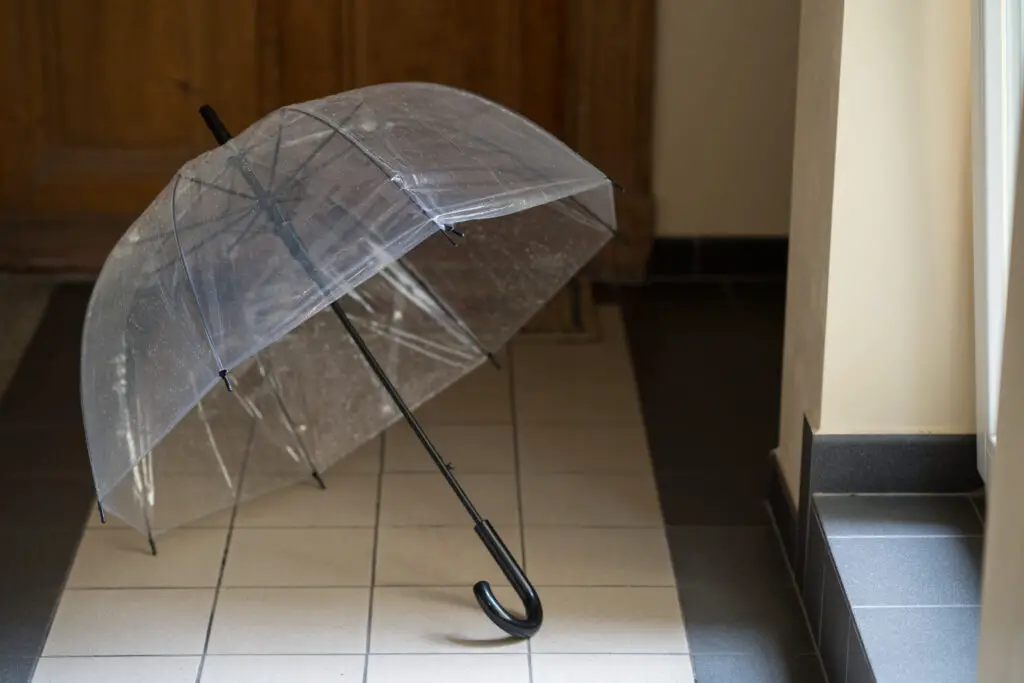
Opening an umbrella indoors was once considered a surefire way to invite disaster. This superstition originated in ancient Egypt, where an open umbrella was believed to symbolize protection from the sun’s harsh rays. However, when opened indoors, it was seen as disrespectful to the spirits of the home. It was thought that the umbrella would upset the delicate balance of the household and invite negative energy into the space.
Though most people no longer believe that opening an umbrella indoors causes bad luck, the practice of doing so is still avoided by many. The superstition lingers, even if it’s more of a silly habit than a real fear. Perhaps, it’s a small way to avoid inviting chaos into our already chaotic lives.
7. Sweeping After Sunset
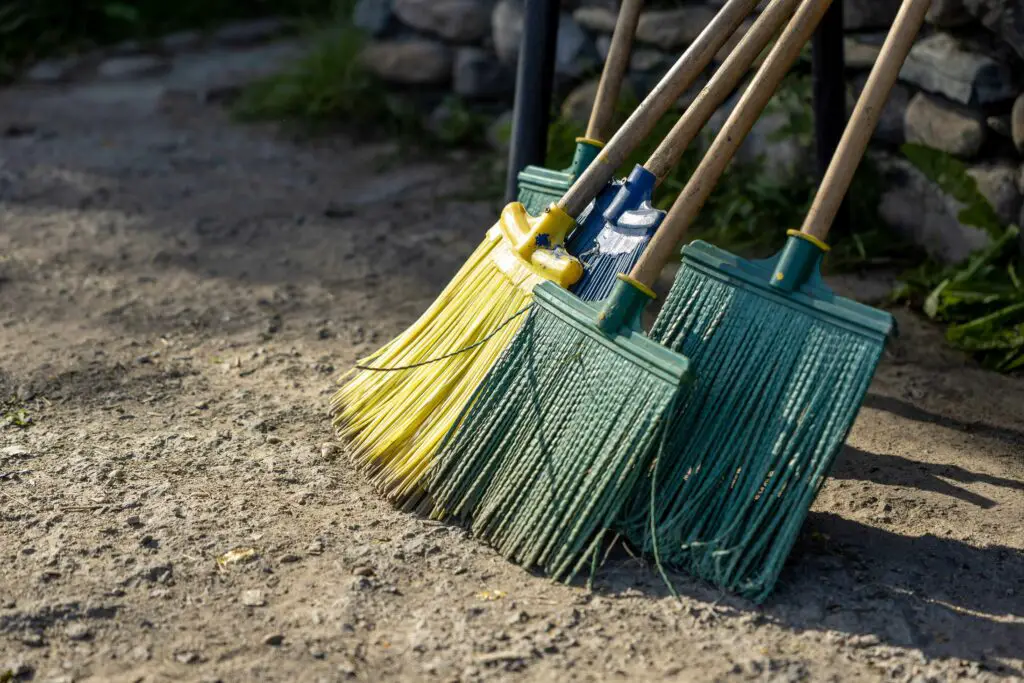
In various cultures, sweeping the house after sunset was once thought to bring bad luck or even drive away good fortune. The idea was that the act of sweeping at night would cause you to accidentally sweep away prosperity, health, or happiness. This superstition likely stems from the belief that nighttime was when evil spirits and misfortune were most active. Sweeping in the evening, then, was a way of giving them a foothold in your home.
While most of us now sweep at any time of the day without a second thought, the superstition remains a quirky reminder of how we once viewed everyday activities. It’s a small relic from the past, when it was believed that the simplest actions could influence the fortunes of our lives. Today, it’s mostly shrugged off, but some still prefer to save their sweeping for daylight hours.
